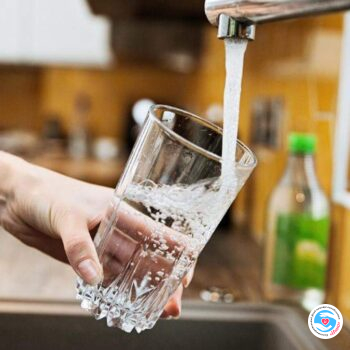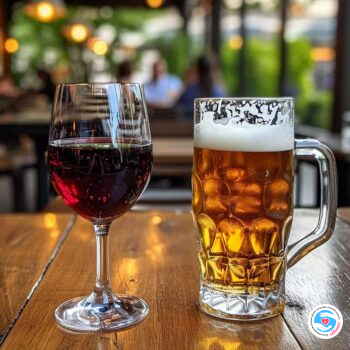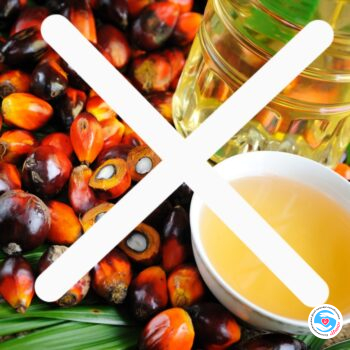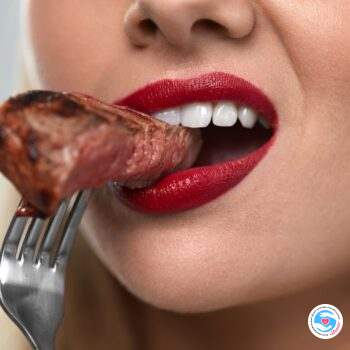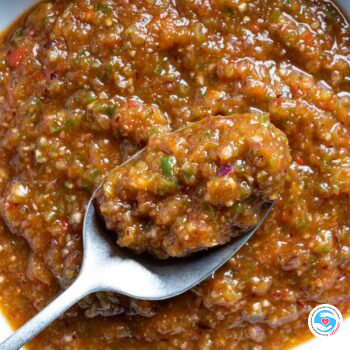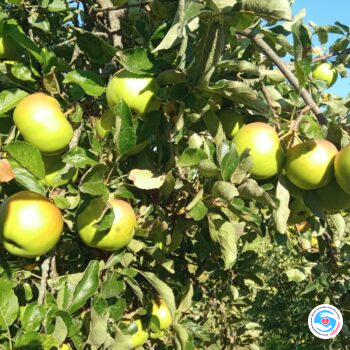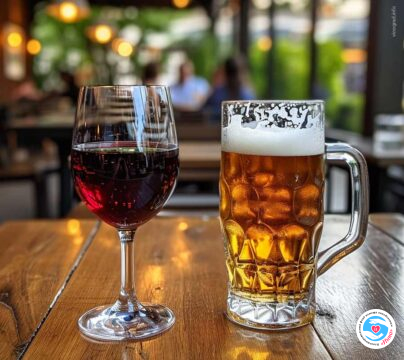
“Poison is in everything, and no thing is without poison. The dosage makes it either a poison or a remedy.” Paracelsus
The meaning of the statement of the great Swiss scientist will be especially well understood by our readers when they get acquainted with this article. The staff of the Foundation “Inna” continues to study materials that may be useful in the fight against cancer!
It turns out that alcohol can be useful for the prevention of some types of cancer! This conclusion can be reached after analyzing a study by scientists at Queen’s University in Belfast (UK), the results of which are published in the American medical gastroenterology journal Am J Gastroenterol.
Scientists have long ago found that one of the main factors in the development of gastric cancer is the infection of a person with the bacteria Helicobacter pylori. The fact is that the results of a number of studies show that infection with a strain of this microorganism called H. pylori cagA + strongly increases the risk of developing gastric cancer. This is because these bacteria produce a protein called the CagA oncoprotein. It, the protein, interacts with several other proteins in the human stomach and contributes to the transformation of normal cells into carcinogenic, cancerous cells. One of the objectives of this study was to investigate the relationship between alcohol consumption and active Helicobacter pylori (H. pylori) infection.
In total, the researchers examined data from 10,537 people, patients at seven Bristol medical centers, aged 20 to 59 years. Study participants had previously undergone a 13C-urease breath test for active H. pylori infection and provided data on type of alcohol, quantity and regularity of consumption.
Participants were grouped according to the type of beverage they preferred (beer, wine, or spirits) and the amount they typically consumed per week. (One unit (serving) was defined as 330 g of 4% beer or 120 g of 12% wine or 32 g of 40% spirits. )
Wine drinkers were divided into three categories: one to two servings per week, three to six, and seven or more. Beer drinkers had four categories: one to two units per week, three to six, seven to 14 and more than 14 units. Heavy drinkers were divided into two groups: one to two servings per week and three (or more).
Researchers found that those who drank seven glasses of wine a week had a 17% lower chance of contracting Helicobacter pylori than teetotalers. Those who drank three to six beers a week also had the same risk reduction. Wine drinkers who drank three to six units a week had an 11 percent lower risk of infection than non-drinkers, as did those who drank one to two glasses of beer a week. However, beer drinkers who consumed more than 14 units of beer a week had a higher risk, 5 percent higher than non-drinkers. But drinking hard liquor, regardless of the amount, was associated with an increased risk of H. pylori infection. For example, those who drank just one or two shots of alcohol a week had a 7 percent higher risk of infection than non-drinkers.
Thus, the results of the study show that moderate consumption of wine and beer (about 7 unit-portions per week, no more!!!) protects against H. pylori infection. Presumably, this is due to the destruction of the dangerous microorganism, by the said beverages.
Scientists have suggested that components such as polyphenols, which are rich in beer and wine, destroy dangerous bacteria, and alcohol, by itself, such an effect does not give!
Important! The authors of the scientific work warn against changing your drinking habits on the basis of this study!



